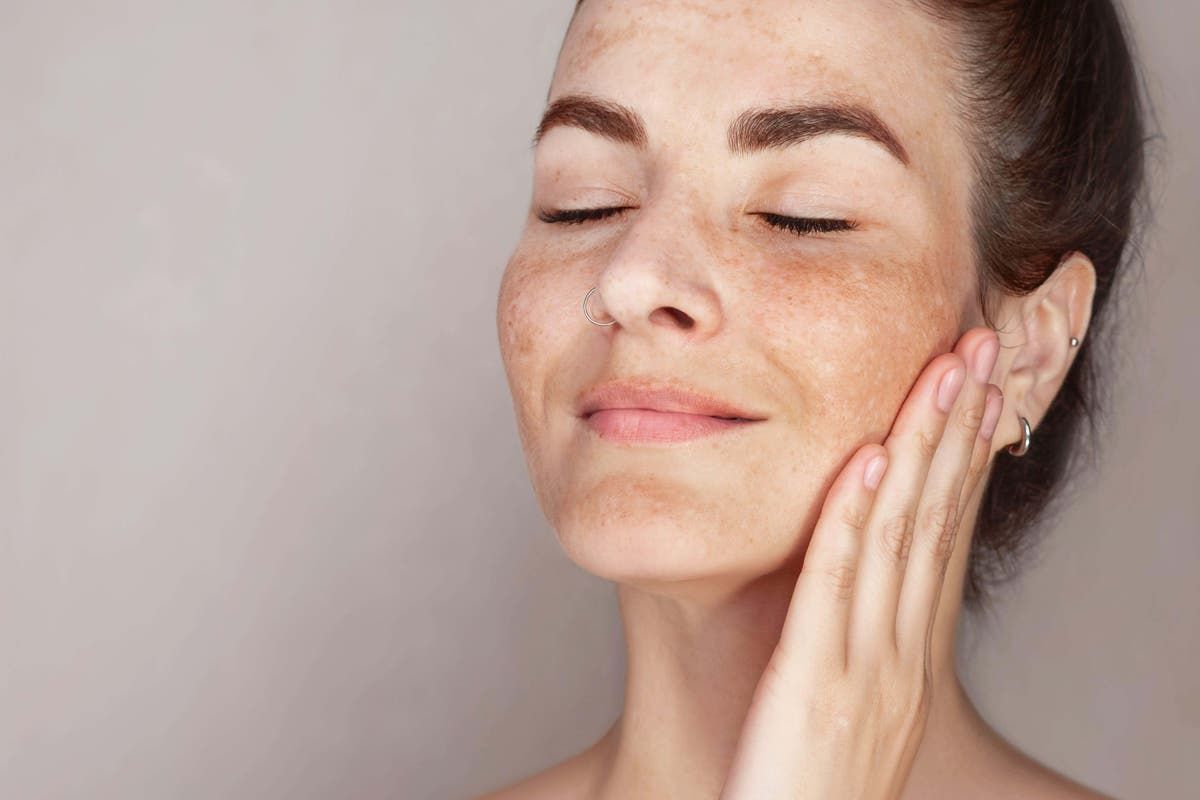Truly support
independent journalism
Our mission is to provide unbiased, fact-based reporting that holds the powerful to account and exposes the truth.
Whether it's $5 or $50, every contribution counts.
Support us in offering journalism without agenda.
The sun is great for your skin in many ways: it fills it with vitamin D, gives it a healthy glow, and generates feel-good hormones. However, it's no secret that the sun can also be very dangerous. Overexposure to harmful UV rays can manifest itself in the form of hyperpigmentation.
“Hyperpigmentation occurs when skin cells produce an excess of melanin, the pigment that gives skin its color,” explains Carolina Goncalves, Pharmica’s chief pharmacist. “This overproduction can lead to visible patches of darker skin, which are often aggravated by environmental or genetic factors, such as sun exposure, hormonal changes or inflammation.”
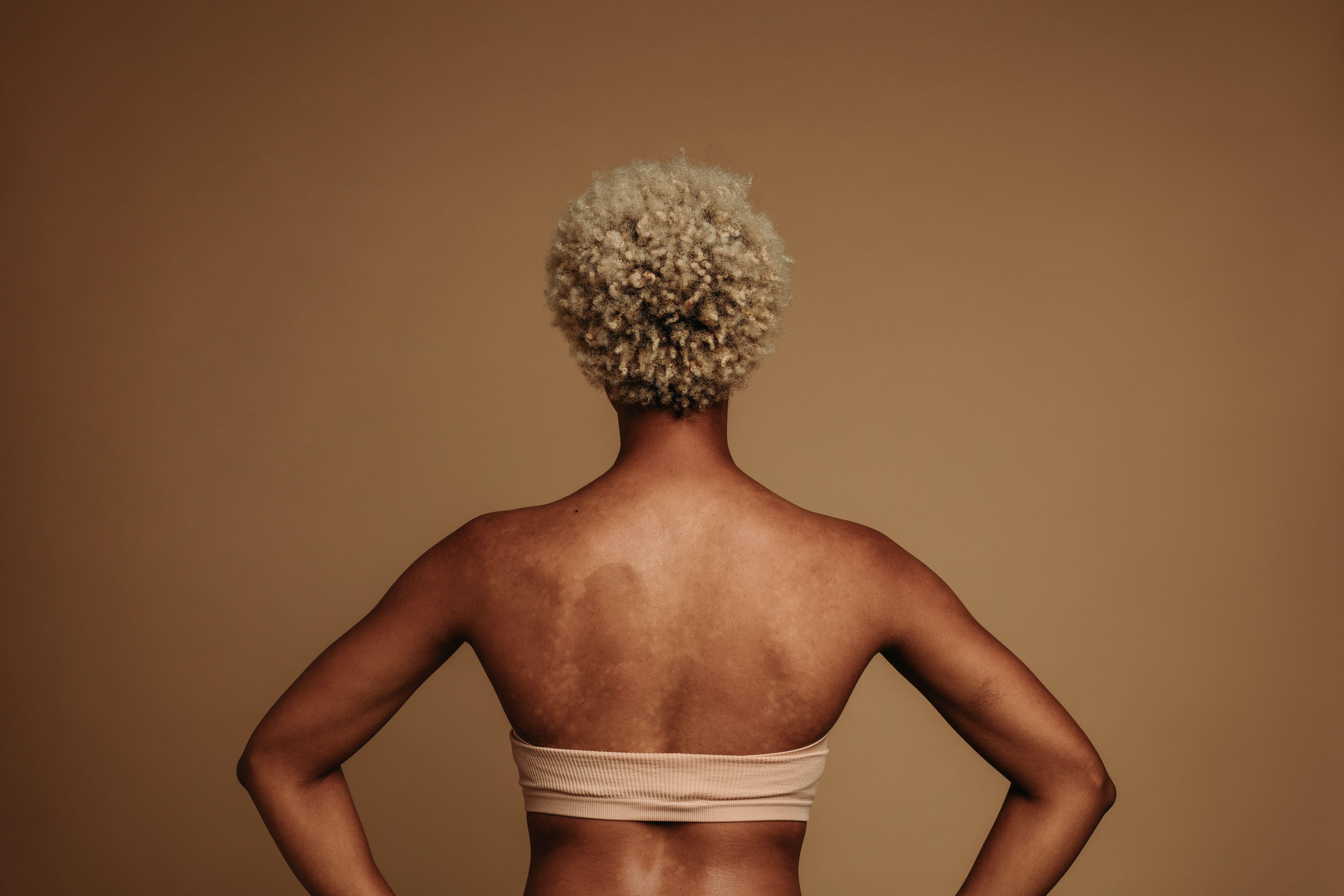
Although sun-induced pigmentation in the form of freckles is now widely accepted, the uneven appearance of hyperpigmentation can be a source of insecurity for many.
We hear from leading dermatologists and celebrity aestheticians on how to treat and prevent sun-induced hyperpigmentation.
What causes hyperpigmentation?
While sun exposure is the main catalyst for hyperpigmentation, there are other factors that can contribute to the appearance of dark spots. “Hyperpigmentation is the result of overactive pigment cells and excess melanin in the skin,” says Sharon Hilditch MBE FCGI, CEO and founder of Crystal Clear Skincare, and aesthetician to Madonna, Nicole Scherzinger and Jude Law.
“It is usually caused by excessive exposure to the sun’s ultraviolet rays, but hormonal changes during pregnancy, certain medications and various medical conditions can also cause it.”

How to prevent hyperpigmentation
If you’re on holiday or just spend most of your day outdoors, sunscreen is the cheapest and easiest way to prevent permanent dark spots. “To prevent hyperpigmentation, use a medical-grade sunscreen with a high SPF and limit your sun exposure,” says BBC Apprentice winner Dr Leah Totton, who recommends SkinCeuticals.
“Skincare has become very smart and there are many active brightening ingredients that can suppress the excessive melanin production that causes pigmentation,” says Hildoch. “It also actively treats dark spots to help the pigmentation come to the surface and fall off normally.”
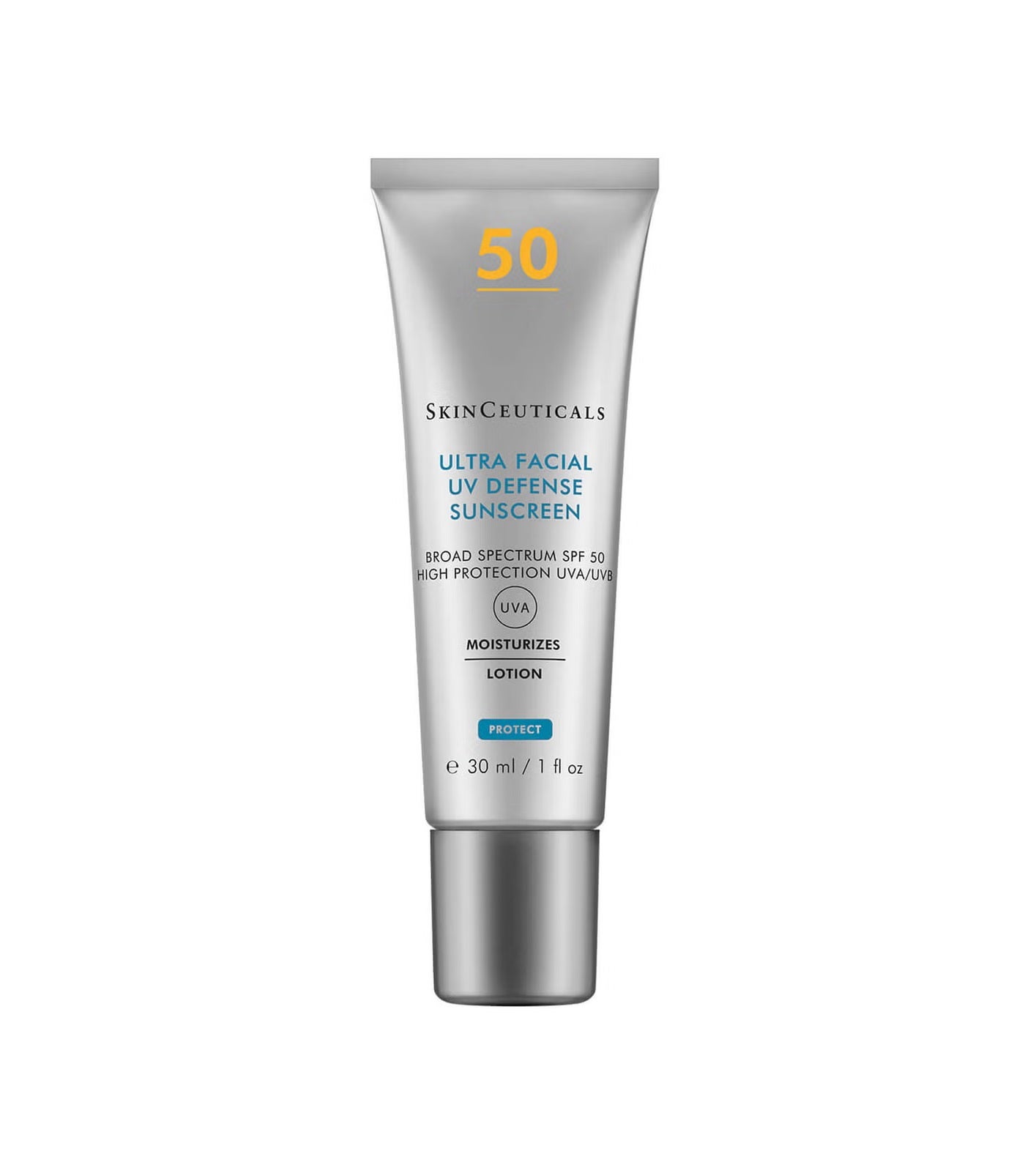
SkinCeuticals Ultra Facial UV Defense Sunscreen SPF50, 30ml, £36, Look Fantastic
How to reverse hyperpigmentation
There are several dermatologist-approved over-the-counter products that can help treat hyperpigmentation. From professional-grade formulas like arbutin to suppress hyperpigmentation production to innovative cosmetic treatments like lasers and microdermabrasion, if you already have hyperpigmentation, there are effective ways to safely fade dark spots.
“Ingredients like bearberry plant, mulberry root, Saxifraga sarmentosa and Scutellaria baicalensis extract target deeper pigmentation marks, age spots and sun damage,” says Hildoch. “The Crystal Clear Skin Brightening Complex is fantastic because it treats hyperpigmentation at home without harsh chemicals.”
“Azelaic acid is particularly effective for treating post-inflammatory hyperpigmentation and melasma,” says Kanzen Skincare founder David Connor. “For more persistent pigmentation, hydroquinone is a potent pigmentation reducer, which is often prescribed by dermatologists.”
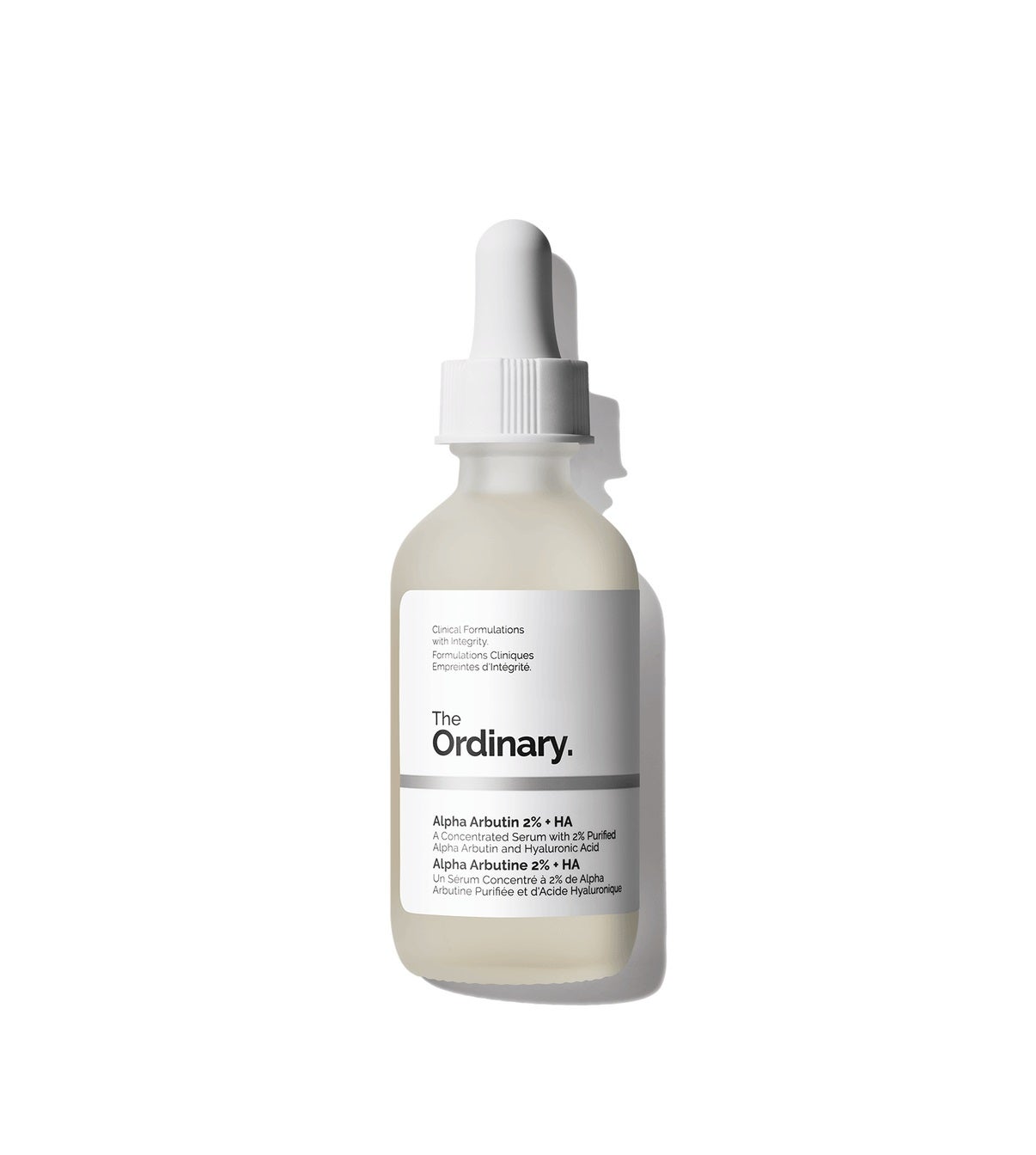
The Ordinary Alpha Arbutin 2% + HA – 60ml, £18.50
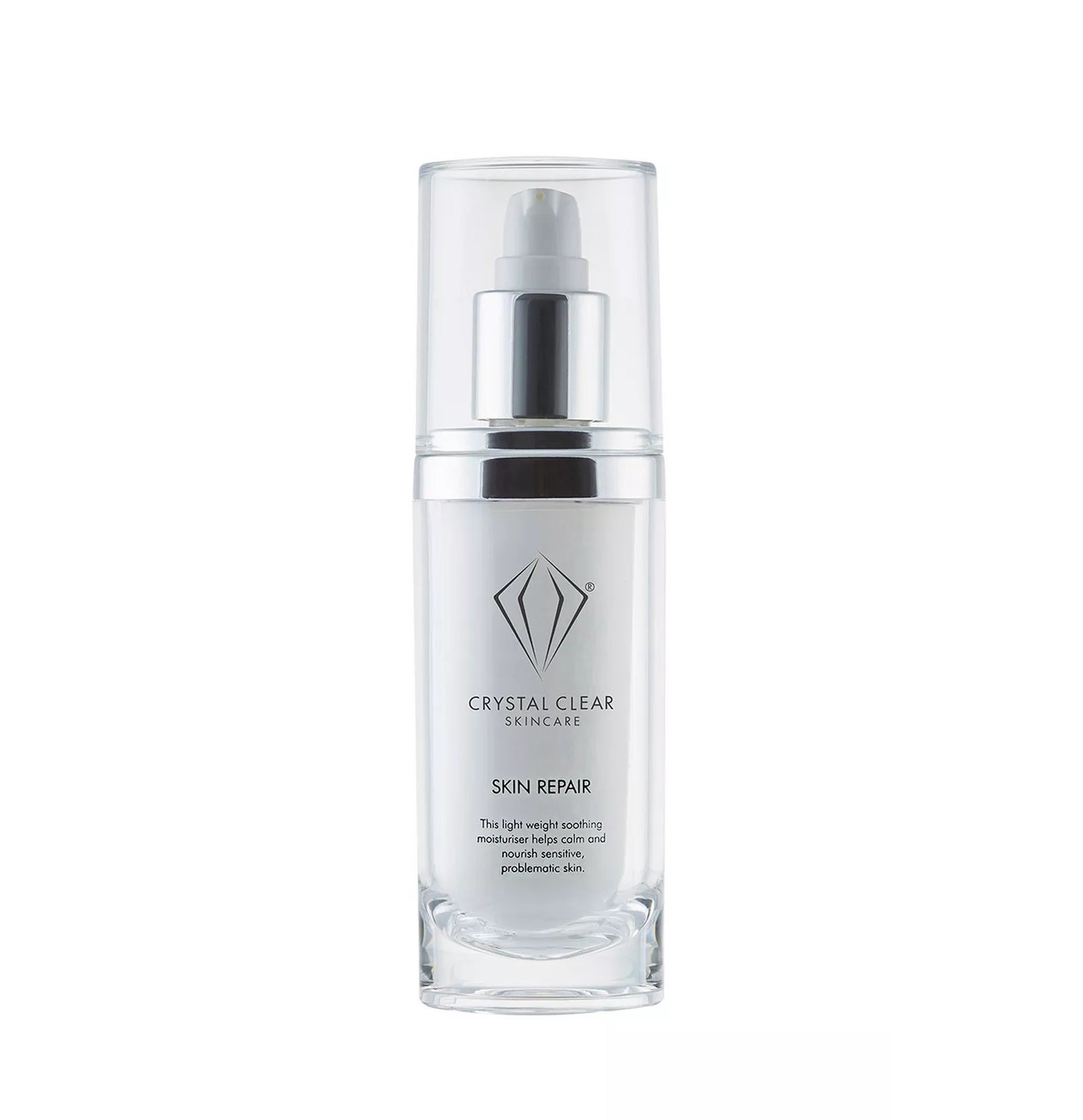
Crystal Clear Skincare Skin Repair Moisturiser, £44, Debenhams
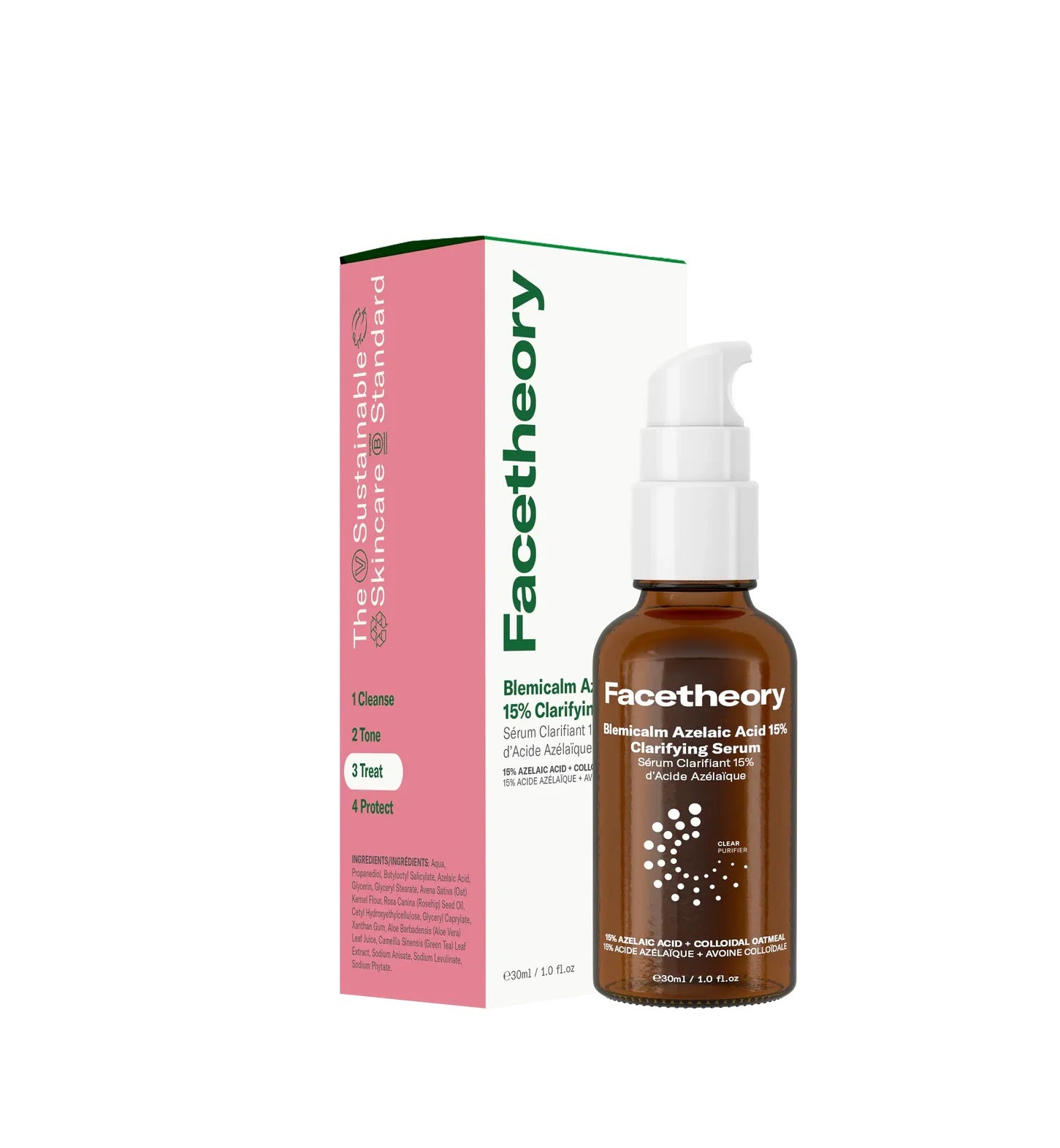
Facetheory Blemicalm Clarifying Serum with 15% Azelaic Acid – 30ml, £26
What your skincare routine should be like
In addition to cleansing, moisturizing and applying SPF 50 sunscreen every morning, “retinol or vitamin C are two great ingredients to incorporate into your skin care,” says skin care expert Amish Patel. “However, in addition to doing their job of brightening and stimulating cell turnover, you should also protect your face from the sun.” Patel recommends cutting back on retinol use in the summer months and not doing laser treatments on exposed skin when the weather is hot.
To prevent further pigmentation from developing, facial cleansing should always be followed by an antioxidant serum. “Antioxidant protection to combat free radical damage will help tighten and firm the skin,” says Marylebone-based physician Dr Joney De Souza.
“Antioxidants boost the skin’s natural mechanism to repair damage and protect against future damage,” De Souza recommends ZO Skin Health, a medical-grade skincare brand that specializes in sun damage and anti-aging.
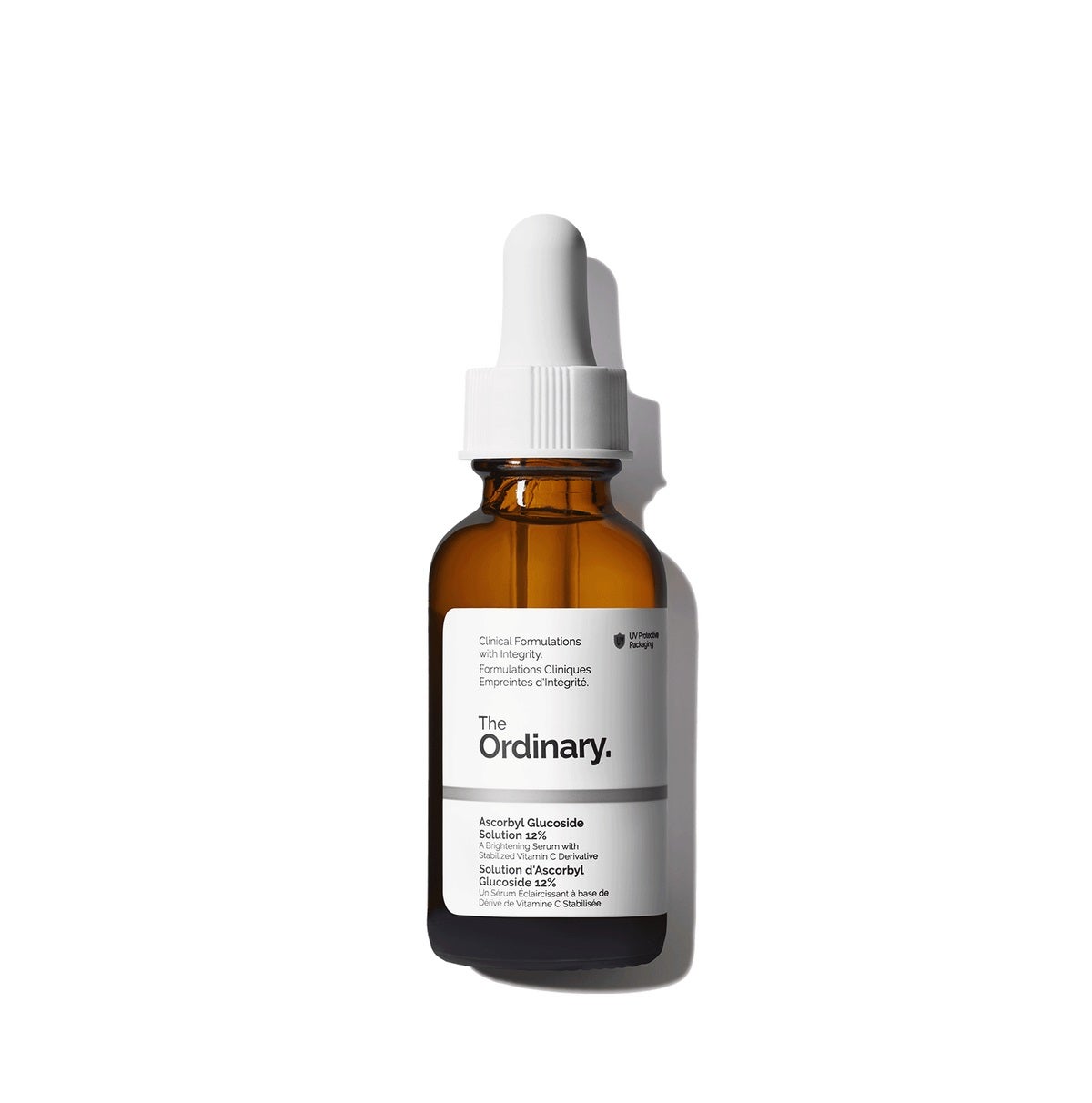
The Ordinary 12% Ascorbyl Glucoside Solution, £14.10
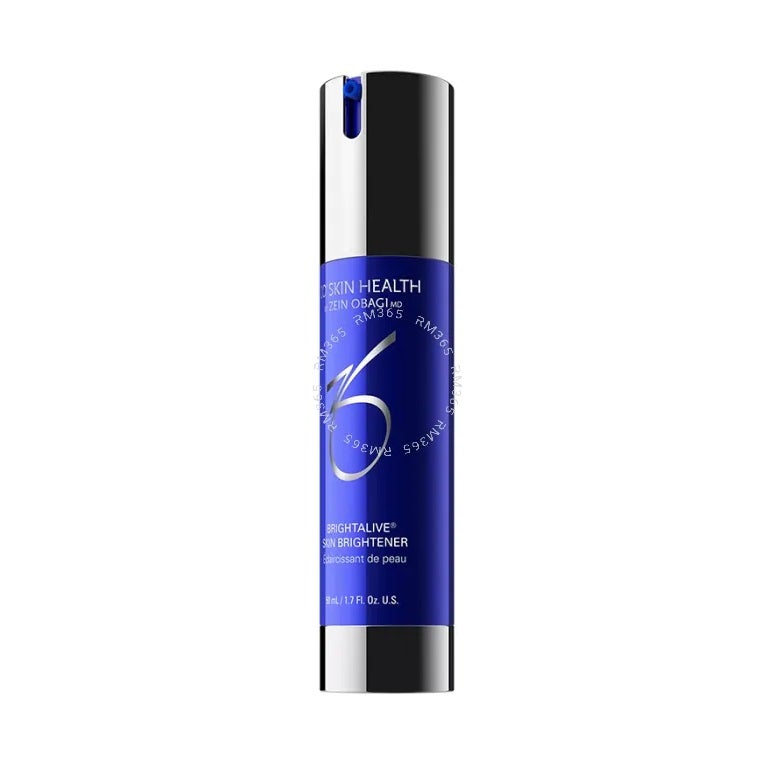
ZO Skin Health Brightalive – 50ml, £89 (was £143.55), Medicare Trusted

